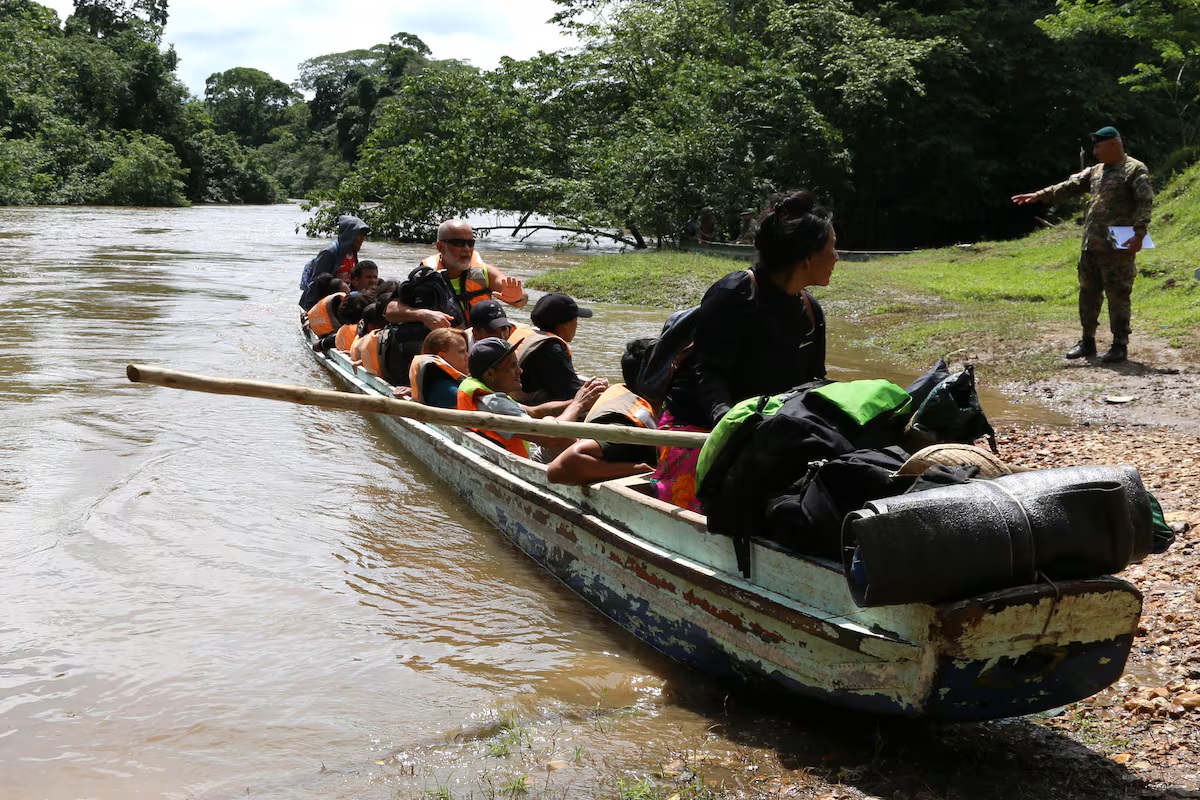The Closure of Some Darien Crossings Used By Migrants

Tuesday July 9 the president of Colombia, Gustavo Petro, questioned Panama’s decision to close at least three of the crossings used by migrants to cross the Darien River, which marks the border between the two countries. The Colombian president said “Barbed wire in the jungle will only lead to drowning in the sea.”
Panama’s Minister of Public Security, Frank Ábrego, explained that the closure of some crossings used by migrants in the province of Darién seeks to create a safe humanitarian passage and reduce the number of people who transit illegally through that region. According to Ábrego, the humanitarian crossing begins in Cañas Blancas, continues along the Tuquesa River, passes through Bajo Chiquito and reaches the town of Lajas Blancas, where migrants will receive care from organizations such as the International Red Cross, the United Nations Refugee Agency and the National Migration Service (SNM).
The minister said that this humanitarian corridor will allow the National Border Service (Senafront) patrols in the region to guarantee the safety of migrants. In fact, a report by the security forces concluded that the closure of five points where migrants entered has allowed for a controlled flow and a decrease in the number of people crossing the Darien jungle. As of last June, a total of 195,817 migrants had passed through Darién, continuing on their way to Central America.
On Wednesday, Minister Ábrego met with the United States ambassador to Panama, Mari Carmen Aponte, and with Rear Admiral Mark Schaefer, commander of special operations at the Southern Command, to discuss strategies to combat drug trafficking. Schaefer will reportedly work with Panama’s security forces to develop strategies to combat drug trafficking. The meeting was also attended by the director of the National Police, Jaime Fernández ; the director of SENAFRONT, Jorge Luis Gobea ; the director of the National Aeronaval Service, Luis Antonio De Gracia ; and the director of the National Immigration Service, Roger Mojica.





